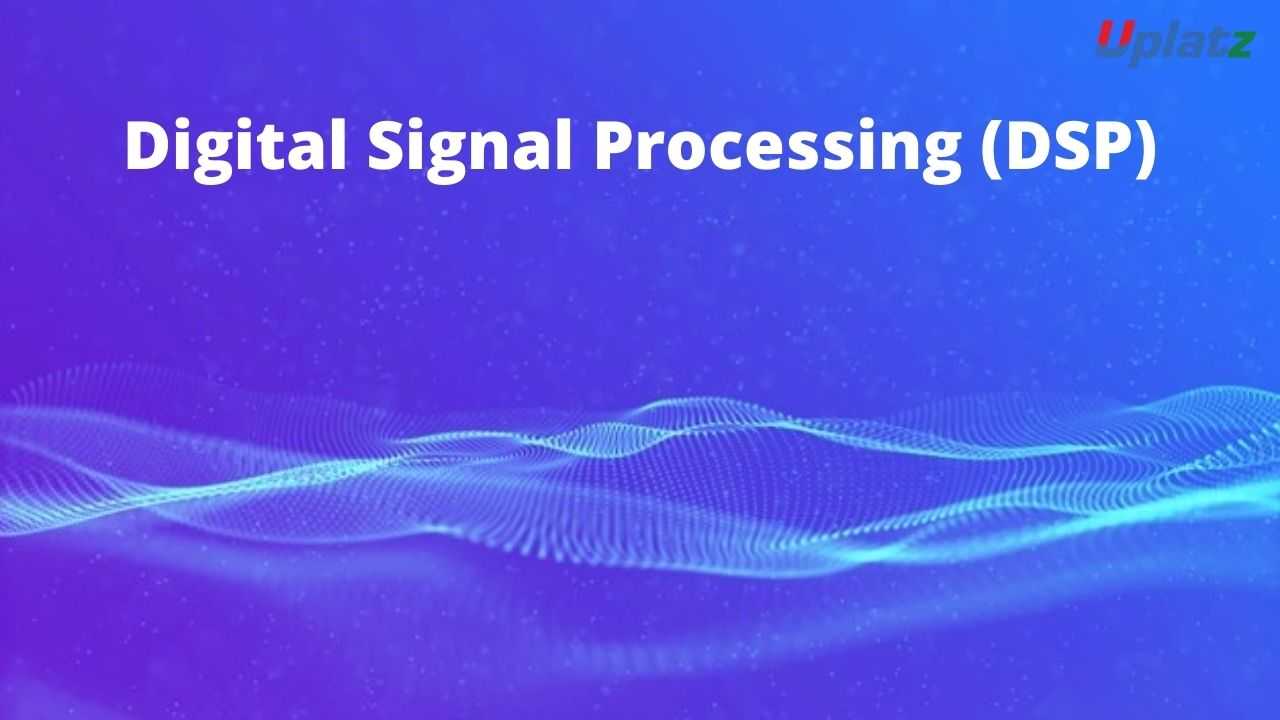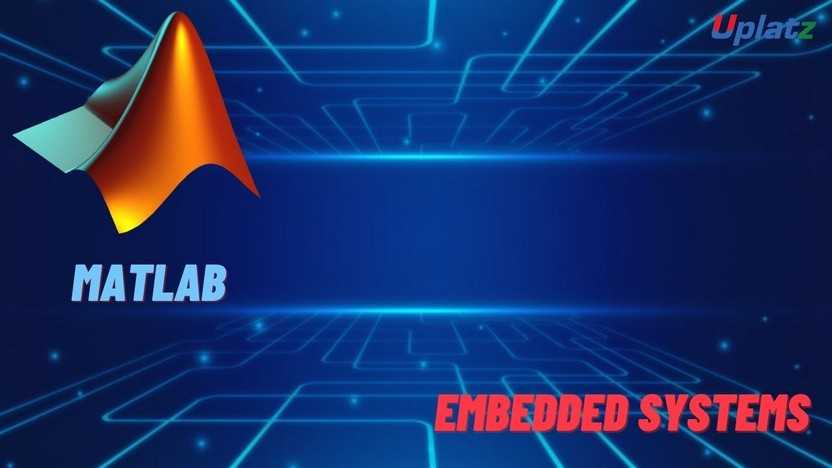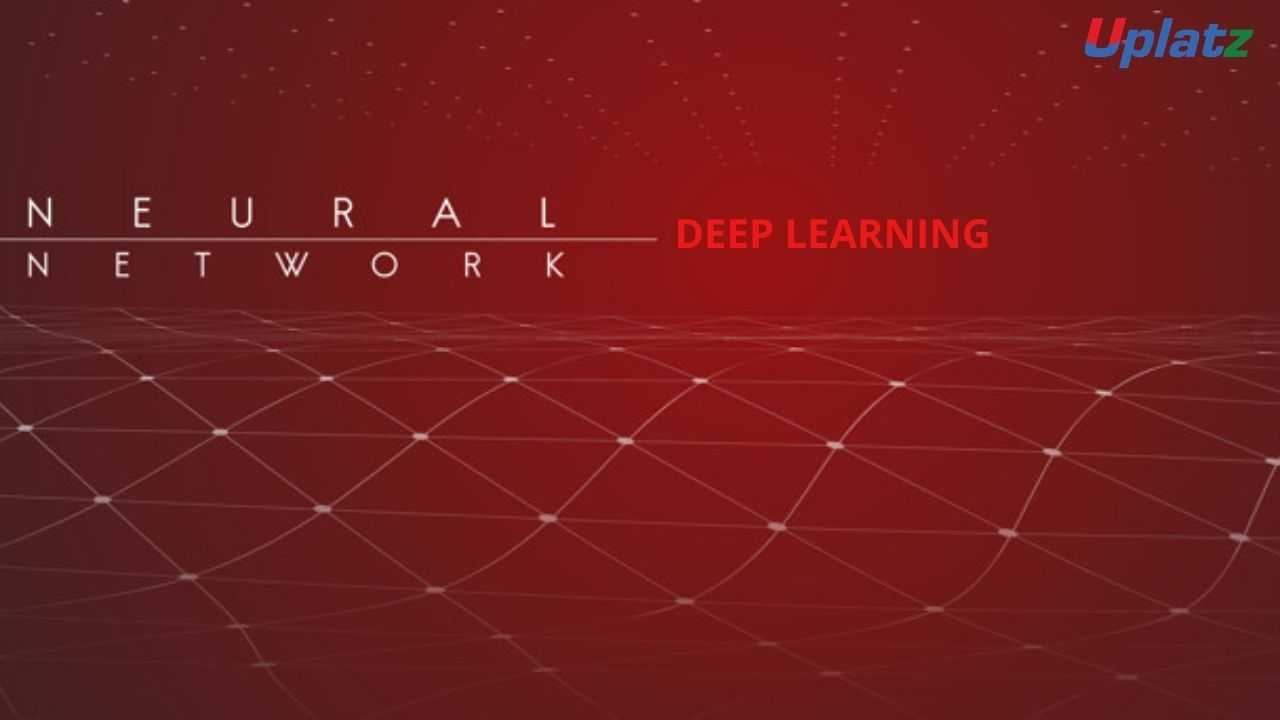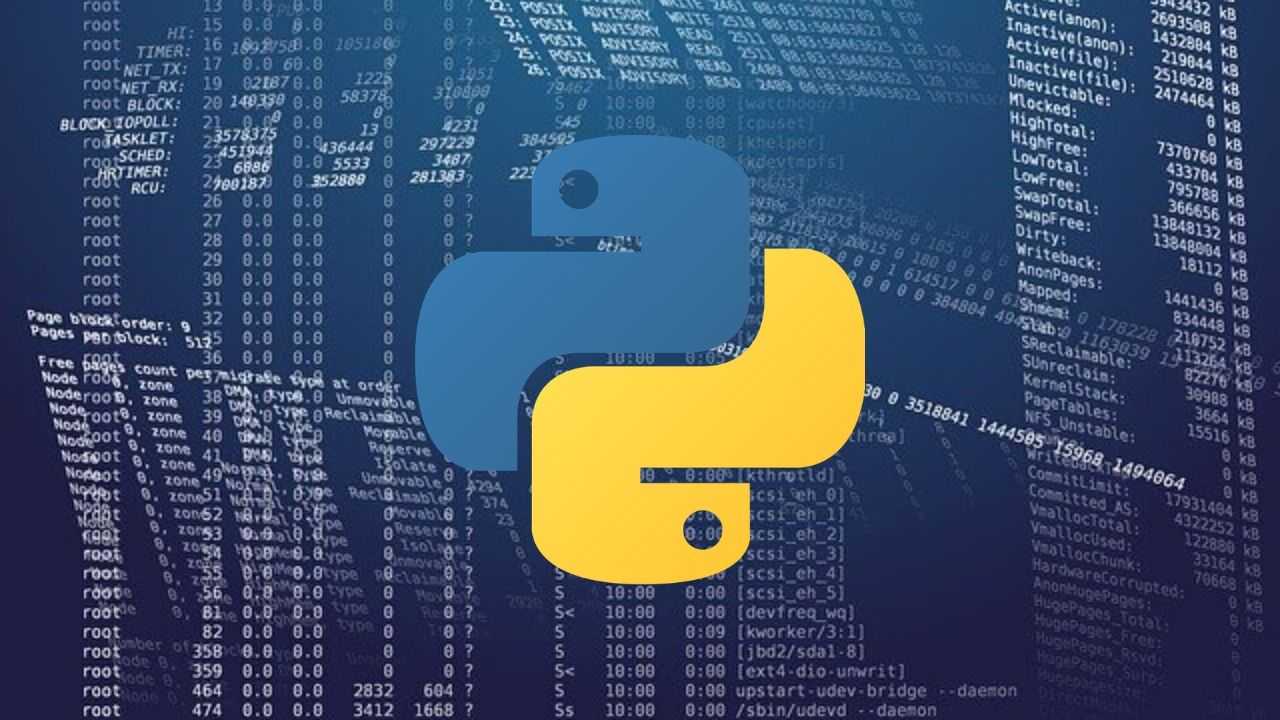Digital Signal Processing (DSP)
Learn how to use a general-purpose microcontroller to create real-time DSP algorithms. Price Match Guarantee
Full Lifetime Access
Access on any Device
Technical Support
Secure Checkout
Course Completion Certificate
Price Match Guarantee
Full Lifetime Access
Access on any Device
Technical Support
Secure Checkout
Course Completion Certificate
 90% Started a new career
BUY THIS COURSE (
90% Started a new career
BUY THIS COURSE (GBP 12 GBP 29 )-
 97% Got a pay increase and promotion
97% Got a pay increase and promotion
Students also bought -
-

- Embedded Systems and MATLAB Programming
- 30 Hours
- GBP 12
- 1501 Learners
-

- Deep Learning Foundation
- 10 Hours
- GBP 12
- 1061 Learners
-

- Python Programming
- 25 Hours
- GBP 12
- 2642 Learners

About the course
Digital signal processors (DSP) take digitized real-world signals such as speech, audio, video, temperature, pressure, or location and alter them mathematically. A DSP is meant to swiftly perform mathematical tasks such as "add," "subtract," "multiply," and "divide."
DSP is generally used to identify mistakes as well as to filter and compress analogue signals while they are in transit. It's a sort of signal processing that's done with a digital signal processor or another device that's capable of running DSP-specific processing algorithms. DSP typically transforms an analogue signal to a digital signal before applying signal processing methods and techniques. DSP, for example, can assist decrease noise and distortion in audio streams. Audio signal processing, digital image processing, voice recognition, biomedicine, and other applications of DSP are only a few.
To keep things simple, this course is available in a variety of programming languages and hardware architectures, allowing students to apply the concepts to their preferred programming language or hardware architecture. The MATLAB programming language is used in this edition of the course.
DSP system architecture, signal processing theory, sampling, anti-aliasing, convolution, and digital filter design and spectrum analysis will all be taught in this course. Through design examples and demonstrations, a practical grasp of the mathematical foundations of signal processing is established. The course is designed for hardware and software engineers, as well as scientists, who want to learn about the fundamental techniques employed in the rapidly growing field of digital signal processing.
You will study the foundations of Digital Signal Processing from the bottom up in this series of videos. Starting with the fundamental concept of a discrete-time signal, we'll progress through Fourier analysis, filter construction, sampling, interpolation, and quantization to create a DSP toolset capable of thoroughly analyzing a real-world communication system. To bridge the gap between theory and practice, hands-on examples and demonstrations will be used often.
This course by Uplatz offers a comprehensive overview of digital signal processing, with an emphasis on audio processing and data transfer. You'll learn how to evaluate data using the Fourier transform, modify data using digital filters, and convert analogue signals to digital format, starting with the fundamental principles of discrete-time signals. Finally, you'll learn how to use a general-purpose microcontroller to create real-time DSP algorithms.
Course/Topic - Digital Signal Processing (DSP) - all lectures
-
In this lecture session we learn about basic introduction of Digital signal processing and also talk about some features of digital signal processing.
-
In this tutorial we learn about Digital signal processing (DSP) is the method of processing signals and data in order to enhance, modify, or analyze those signals to determine specific information content. It involves the processing of real-world signals that are converted to, and represented by, sequences of numbers.
-
In this tutorial we learn about Design for testability is a design technique that makes testing a chip possible and cost-effective by adding additional circuitry to the chip.
-
In this lecture session we learn that DSP is used primarily in areas of the audio signal, speech processing, RADAR, seismology, audio, SONAR, voice recognition, and some financial signals. For example, Digital Signal Processing is used for speech compression for mobile phones, as well as speech transmission for mobile phones.
-
In this tutorial we learn about Digital Signal Processors (DSP) take real-world signals like voice, audio, video, temperature, pressure, or position that have been digitized and then mathematically manipulate them. A DSP is designed for performing mathematical functions like "add", "subtract", "multiply" and "divide" very quickly.
-
In this lecture session we learn about A filter specifying which transactions to collect data from. Sampling specifies what subset percentage or number of transactions to collect data from. Filters and sampling work at the root (or edge) transaction level.
-
In this tutorial we learn about the process of measuring the instantaneous values of continuous-time signals in a discrete form. Sample is a piece of data taken from the whole data which is continuous in the time domain.
-
In this lecture session we learn about The Filter Realization Wizard is a tool for automatically implementing a digital filter. You must specify a filter, its structure, and the data types for the inputs, outputs, and computations.
-
In this lecture session we learn about Filter implementation involves choosing and applying a particular filter structure to those coefficients. Only after both design and implementation have been performed can data be filtered.
-
In this tutorial we learn about Reduce the sampling rate of a discrete-time signal. – Low sampling rate reduces storage and computation requirements. Interpolation – Increase the sampling rate of a discrete-time signal.
-
In this lecture session we learn about Fourier transform is a transformation technique that transforms such functions which are depending on the time domain into such functions which depends on the temporal frequency domain.
-
In this lecture session we learn about Digital audio compression allows the efficient storage and transmission of audio data. The various audio compression techniques offer different levels of complexity, compressed audio quality, and amount of data compression.
-
In this lecture session we learn about the goal of Video and Image compression algorithms, which is to reduce this large amount of raw data to match the capacity of the network before it is transmit- ted. At the receiver the compression procedure needs to be reversed to restore the original data stream. This procedure is called decompression.
1. Understand the handling of discrete/digital signals using MATLAB
2. Understand the basic operations of Signal processing
3. Analyse the spectral parameter of window functions
4. Design IIR, and FIR filters for band pass, band stop, low pass and high pass filters.
5. Design the signal processing algorithm using MATLAB & VLAB.
6. Identify the signals and systems (SO A)
7. Apply the principles of discrete-time signal analysis to perform various signal operations (SO A, E)
8. Apply the principles of z-transforms to finite difference equations. (SO A, E)
9. Apply the principles of Fourier transform analysis to describe the frequency characteristics of discrete-time signals and systems (SO A, E)
10.Apply the principles of signal analysis to filtering (SO A, C, E)
11.Use computer programming tools to process and visualize signals (SO K)
The Digital Signal Processing (DSP) Certification ensures you know planning, production and measurement techniques needed to stand out from the competition.
Digital Signal Processors (DSP) take real-world signals like voice, audio, video, temperature, pressure, or position that have been digitized and then mathematically manipulate them. A DSP is designed for performing mathematical functions like "add", "subtract", "multiply" and "divide" very quickly.
Digital signal processing (DSP) is the process of analyzing and modifying a signal to optimize or improve its efficiency or performance. It involves applying various mathematical and computational algorithms to analog and digital signals to produce a signal that's of higher quality than the original signal.
The goal of a DSP is usually to measure, filter or compress continuous real-world analog signals. Most general-purpose microprocessors can also execute digital signal processing algorithms successfully, but may not be able to keep up with such processing continuously in real-time.
This course introduces the basic concepts and principles underlying discrete-time signal processing. Concepts will be illustrated using examples of standard technologies and algorithms. Students who take the 4-unit version of the course will be expected to complete an additional 4-week project and report.
Uplatz online training guarantees the participants to successfully go through the Digital Signal Processing (DSP) Certification provided by Uplatz. Uplatz provides appropriate teaching and expertise training to equip the participants for implementing the learnt concepts in an organization.
Course Completion Certificate will be awarded by Uplatz upon successful completion of the Digital Signal Processing (DSP) online course
The Digital Signal Processing (DSP) draws an average salary of $114,000 per year depending on their knowledge and hands-on experience.
Most people would agree that having a job that is fulfilling and gives you a sense of purpose is far more appealing than some mindless office job. By becoming a DSP, you can do rewarding work and feel good knowing you're making a difference in people's lives.
To become a digital signal processing engineer, it is essential to graduate from an engineering school or a university master's degree, for example with a specialization in image / audio / video processing.
Note that salaries are generally higher at large companies rather than small ones. Your salary will also differ based on the market you work in.
RTL/ASIC Design Manager.
Digital Signal Processing Engineer.
Algorithm Development Engineers.
Power Electronics
1. Define Discrete Time Signal?
Answer :
A discrete time signal x (n) is a function of an independent variable that is an integer. a discrete time signal is not defined at instant between two successive samples.
2. Define Discrete Time System?
Answer :
A discrete or an algorithm that performs some prescribed operation on a discrete time signal is called discrete time system.
3. What Are The Elementary Discrete Time Signals?
Answer :
Unit sample sequence (unit impulse)
δ (n)= {1 n=0
0 Otherwise
Unit step signal
U (n) ={ 1 n>=0
0 Otherwise
Unit ramp signal
Ur(n)={n for n>=0
0 Otherwise
Exponential signal
x (n)=an where a is real
x(n)-Real signal
4. State The Classification Of Discrete Time Signals?
Answer :
The types of discrete time signals are:
o Energy and power signals
o Periodic and Aperiodic signals
o Symmetric(even) and Antisymmetric (odd) signals
5. Define Periodic And Aperiodic Signal?
Answer :
A signal x (n) is periodic in period N, if x (n+N) =x (n) for all n. If a signal does not satisfy this equation, the signal is called aperiodic signal.
6. Define Symmetric And Antisymmetric Signal?
Answer :
A real value signal x (n) is called symmetric (even) if x (-n) =x (n). On the other hand the signal is called antisymmetric (odd) if x (-n) =x (n).
7. State The Classification Of Systems?
Answer :
o Static and dynamic system.
o Time invariant and time variant system.
o Causal and anticausal system.
o Linear and Non-linear system.
o Stable and Unstable system.
8. Define Dynamic And Static System?
Answer :
A discrete time system is called static or memory less if its output at any instant n depends almost on the input sample at the same time but not on past and future samples of the input.
e.g. y(n) =a x (n)
In anyother case the system is said to be dynamic and to have memory.
e.g. (n) =x (n)+3 x(n-1)
9. Define Time Variant And Time Invariant System?
Answer :
A system is called time invariant if its output , input characteristics dos not change with time.
e.g.y(n)=x(n)+x(n-1)
A system is called time variant if its input, output characteristics changes with time.
e.g.y(n)=x(-n).
10. Define Stable And Unable System?
Answer :
A system is said to be stable if we get bounded output for bounded input.









